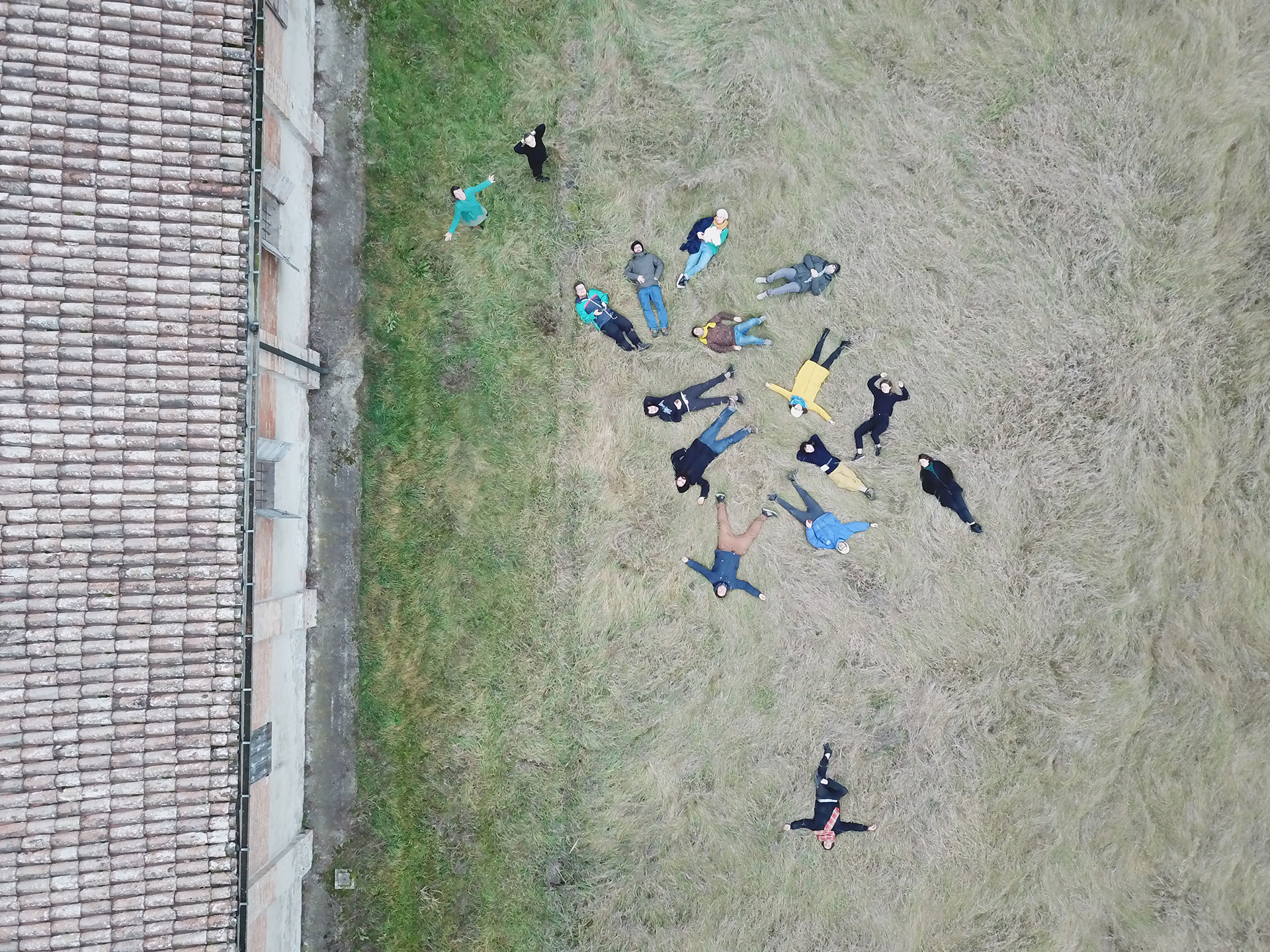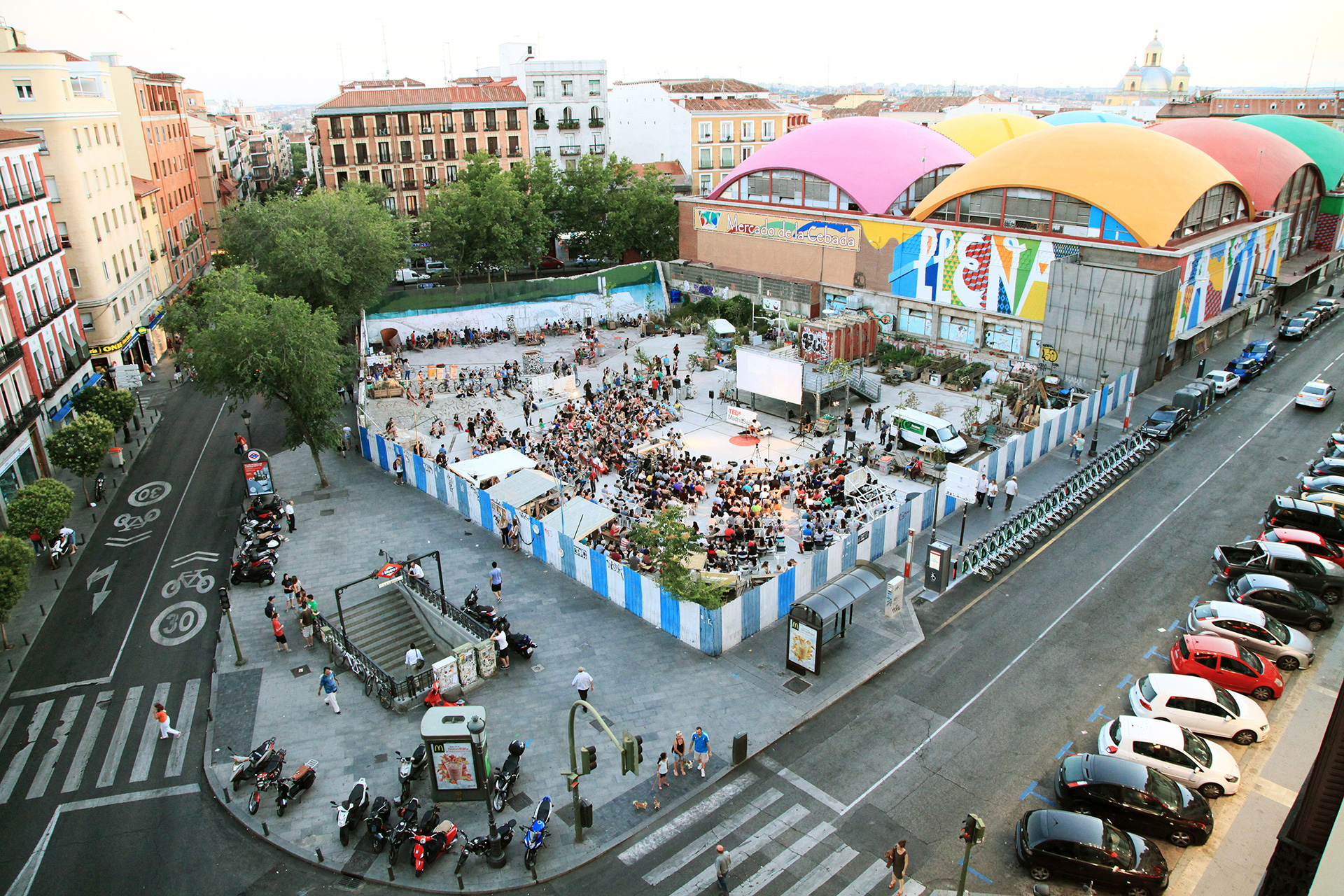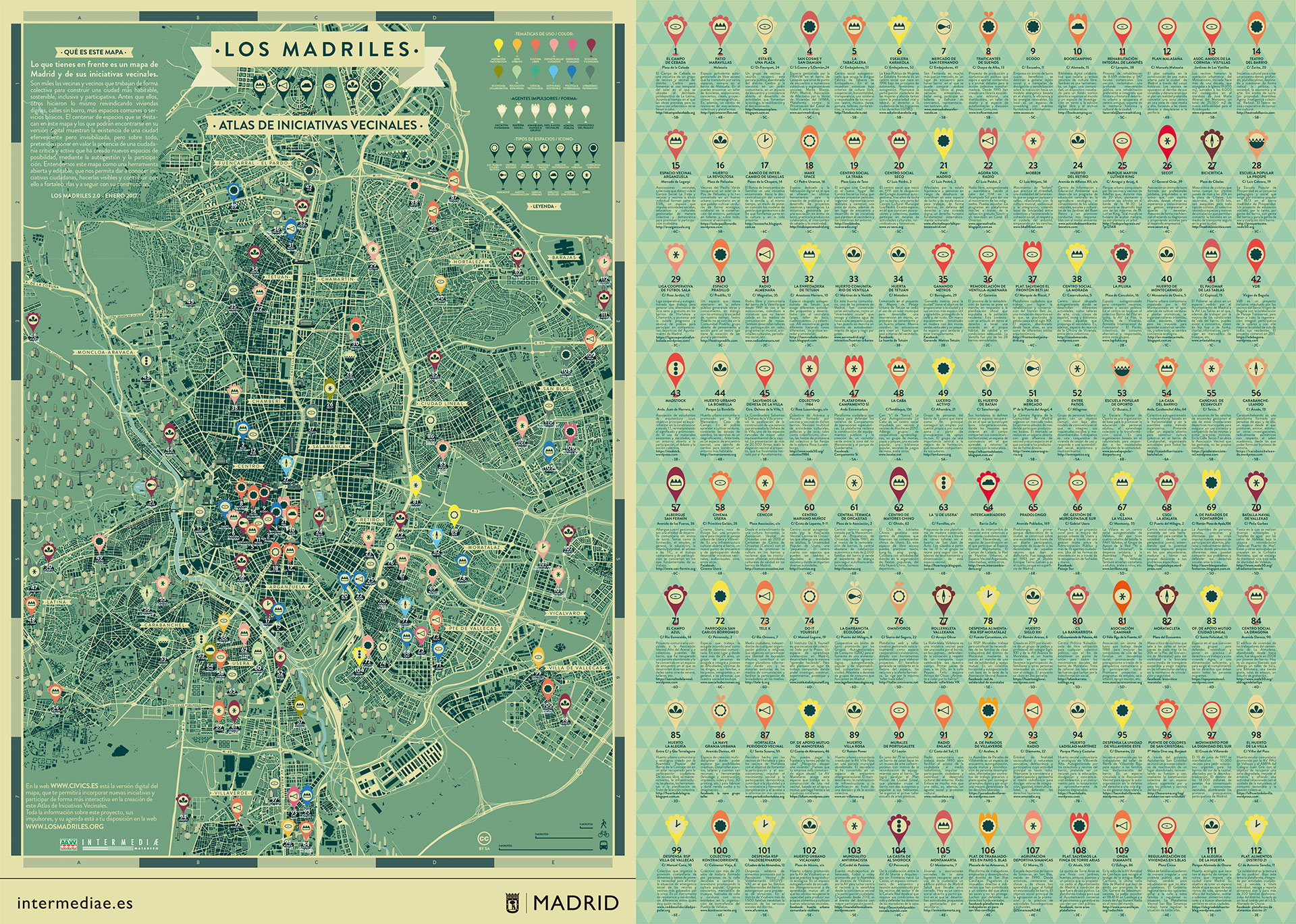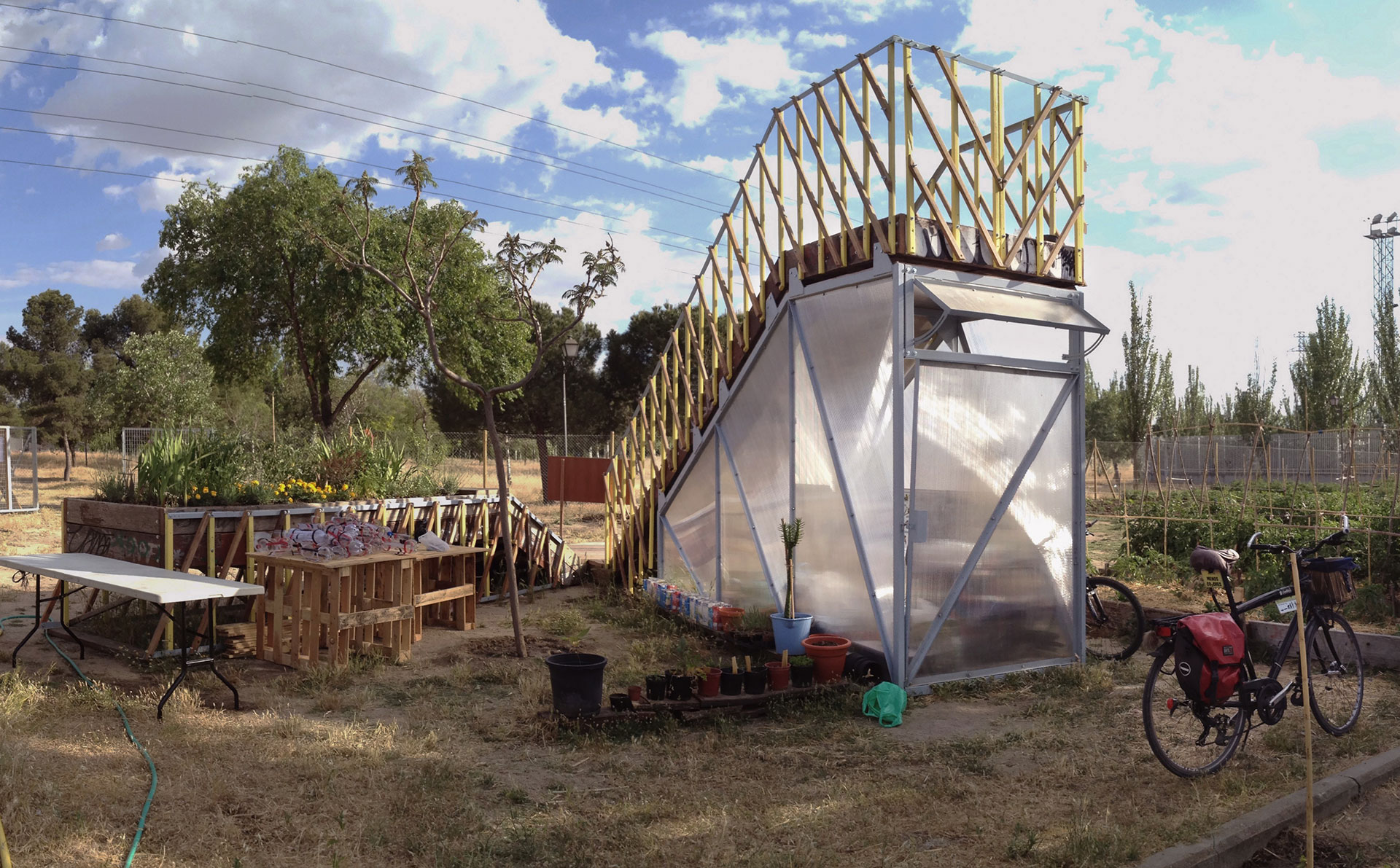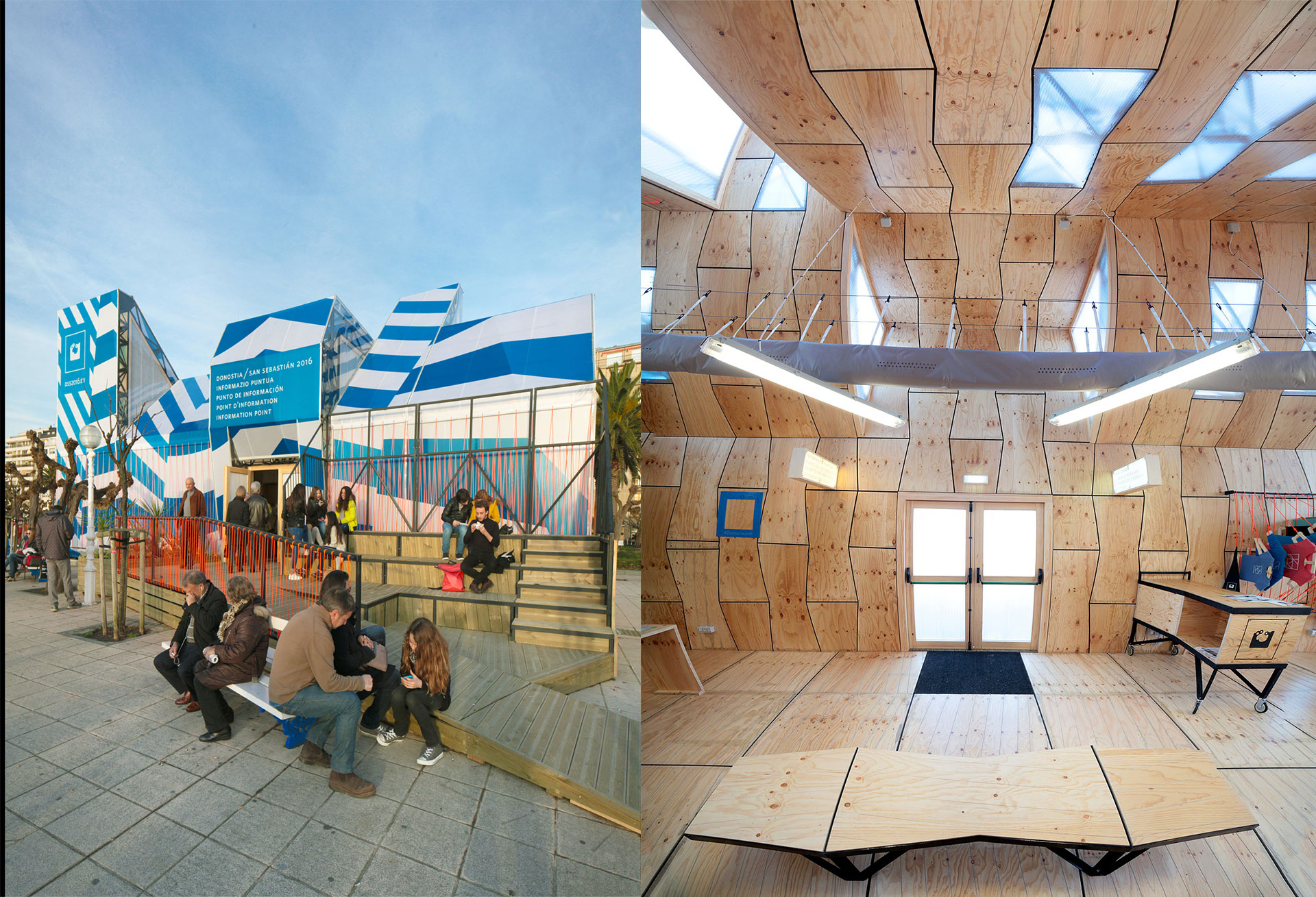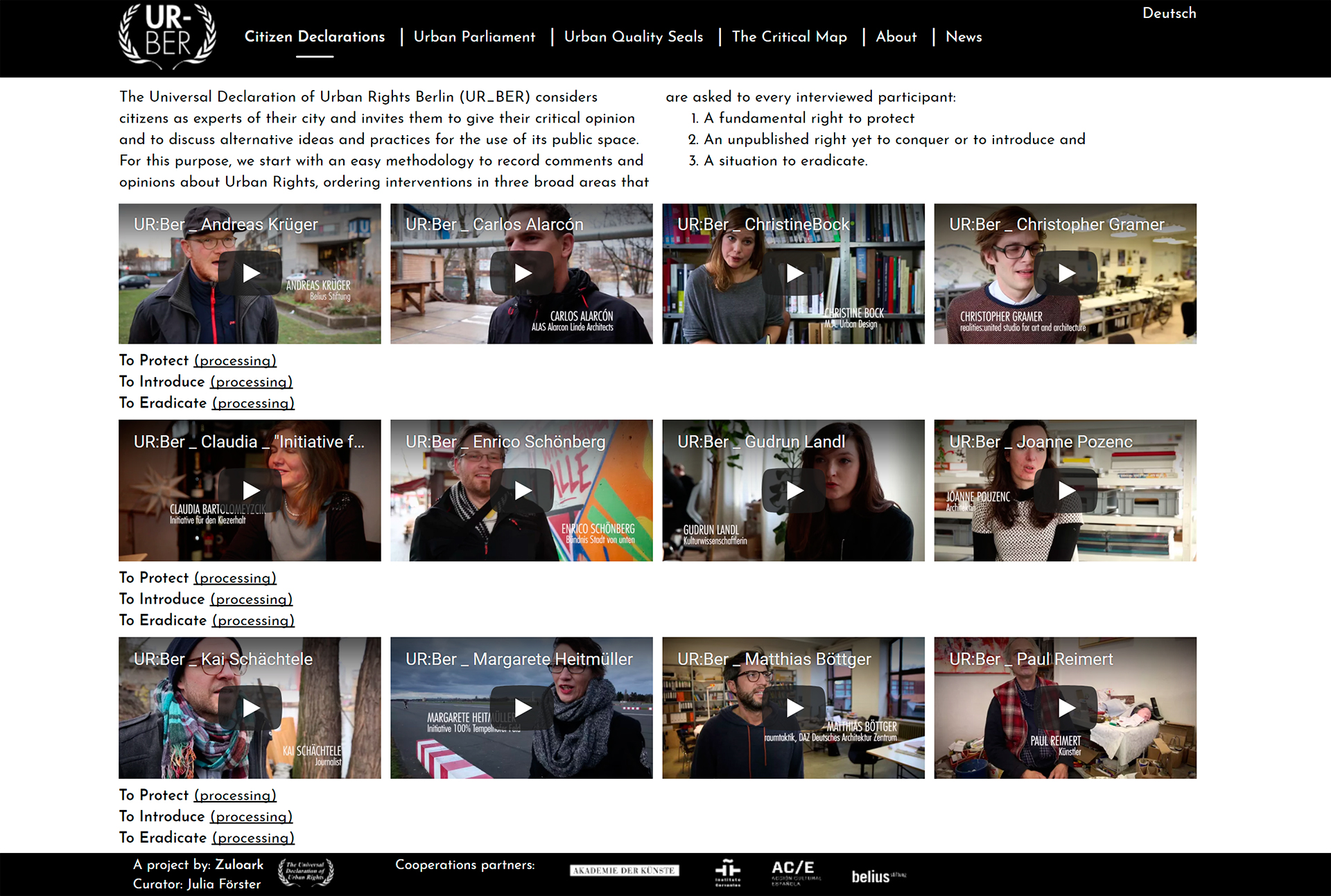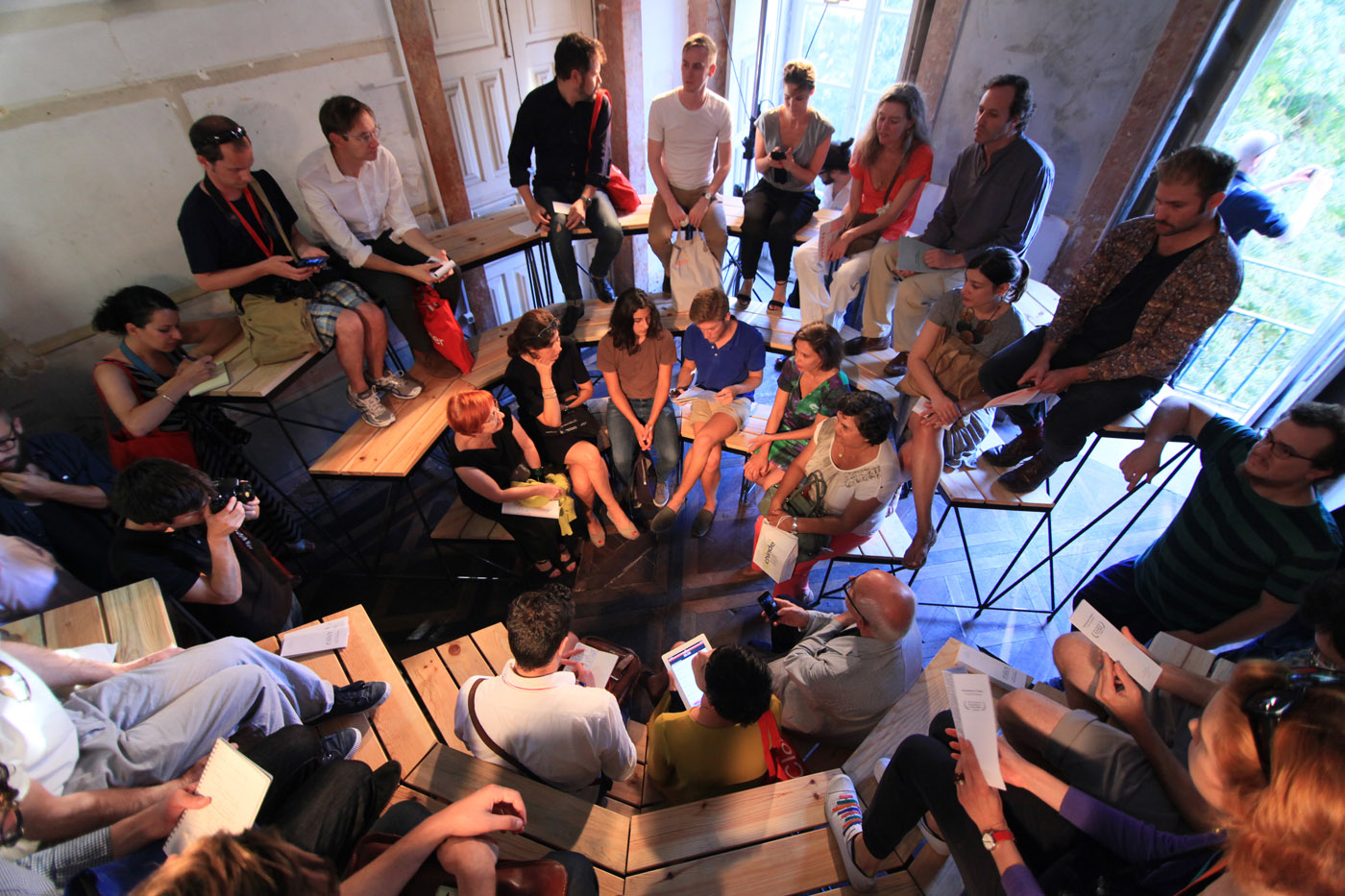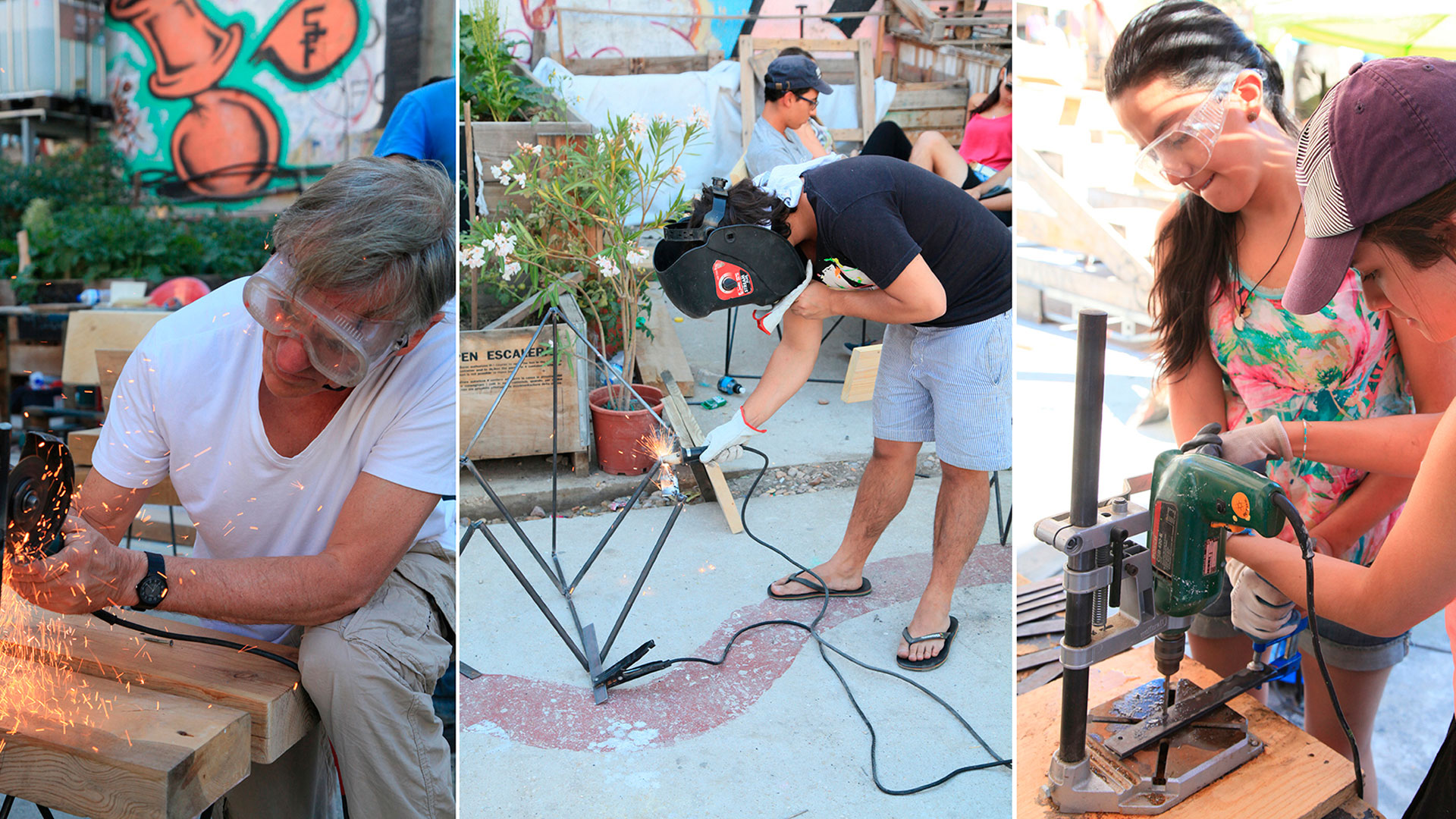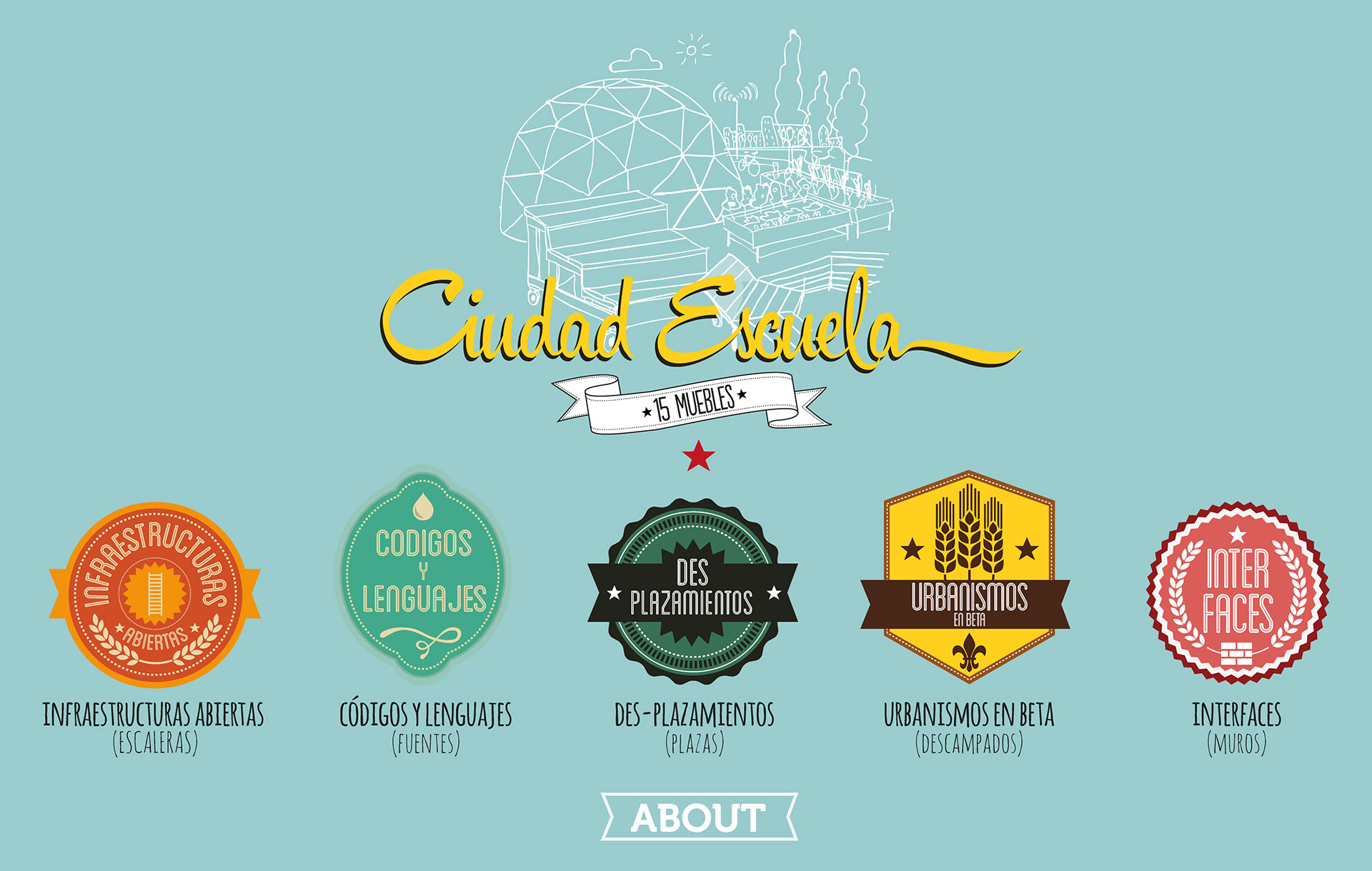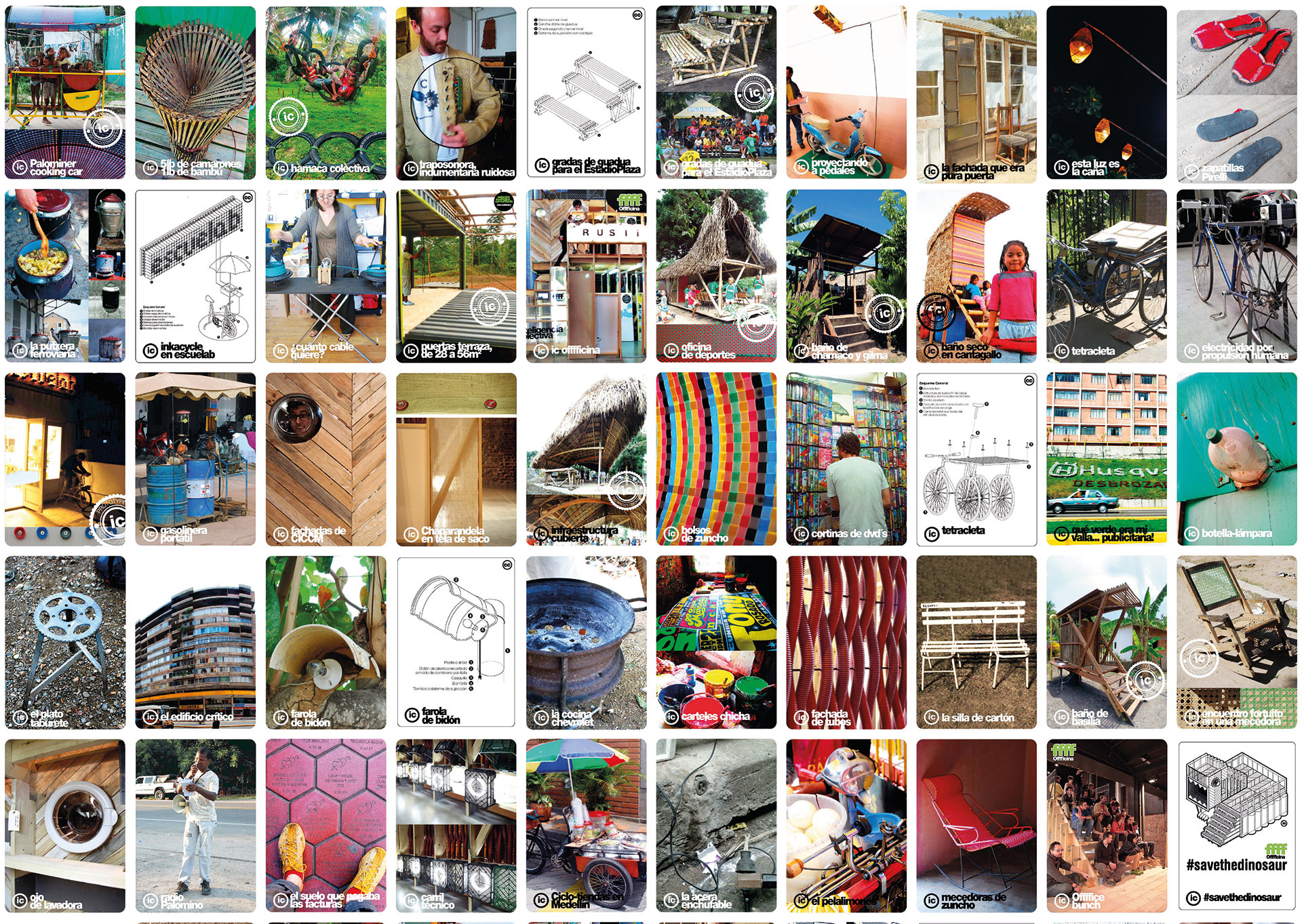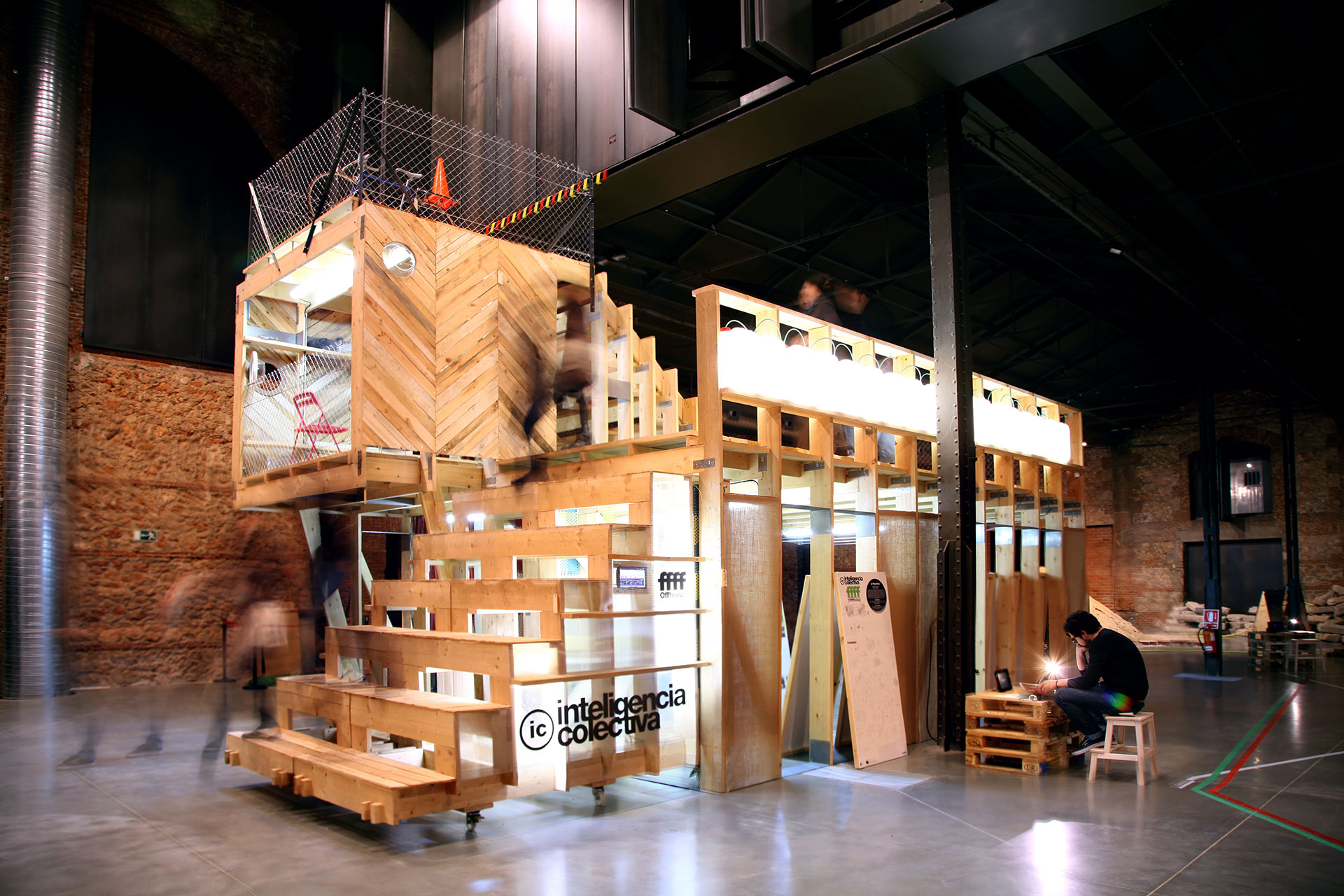Zuloark is a distributed architecture and urbanism open office that enquires into new ways of urban practice and the role that architects have in cities experiencing the Anthropocene. Its practice engages with creativity and innovation that emerges from citizen initiatives as a means of strengthening the local resilience patterns and designing projects around them.
In the 18 years since Zuloark’s founders first started sharing their work and proposing new agendas at university as a reaction to conventional modes of architectural education, in particular its emphasis upon the twentieth-century figure of the architect as a lonely creator. The practice seeks to facilitate dynamic, collaborative working contexts characterised by an ethos of co-responsibility. The members have transferred their intuition into concrete ways of describing and manifesting heir internal organisation, working policies and professional practice.
Throughout their existence, Zuloark have never stopped questioning the issues inherent to the traditional understanding of authorship in architecture. Presently, their focus is upon how to re-read and blur the limits between professional office and project. Zuloark has always been the most important project of Zuloark but the practice has always enjoyed and sought to include other projects and offices as part of their ongoing work.
Zuloark is a distributed architecture and urbanism open office currently based in Barcelona, Berlin, Bologna, Madrid and Mexico City. Zuloark will be developing Making Futures School infrastructures during a 2-week workshop this June. During the School, Juan Chacón – a zuloark’s founding member and part of Making Futures team – will act as an implementation researcher, host and facilitator for different activities and spatial practices.


